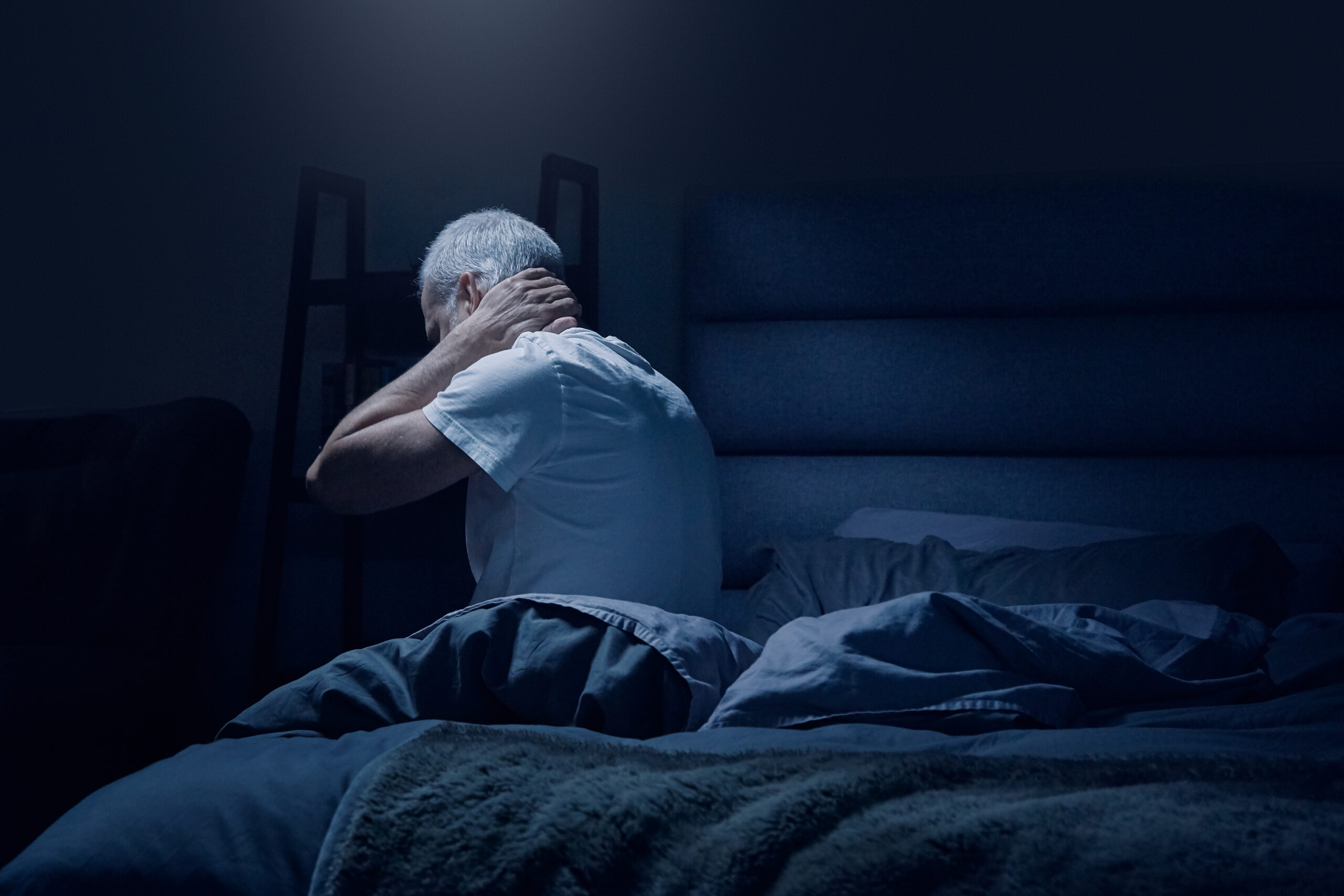Instead of blaming daytime fatigue on a poor night’s sleep, The Stanford Center for Sleep Sciences and Medicine offers alternative explanations to society’s increasing levels of exhaustion and low energy, as well as potential solutions to the cyclical exhaustion trend.
Reportedly, the demands of modern society which cause stress and sleepless nights are not the only factors to blame for low moods, poor diets, insufficient exercise, and increased rates of infections, but rather, can also be the variables responsible for fatigue and low energy levels.
Diet-related behaviours in particular, such as consumption of alcohol, caffeine, highly processed foods, and insufficient consumption of water, can allegedly cause fatigue.
Nutrient-deficient diets, involving consumption of foods that contain insufficient micronutrients, can also lead to exhaustion, especially those that lack vital vitamins and minerals such as zinc, iron, and B vitamins that are involved in pathways that promote energy.
A recent study review also found a lack of restful sleep can heighten hunger and cravings for fat and sugar-laden foods, which can lead to dramatic insulin fluctuations, weight gain, and exacerbate sluggishness.
Moreover, the study authors found that poor quality sleep can also influence, and be influenced by, anxiety and depression – a bi-directional relationship that has also been found to motivate individuals to self-medicate with alcohol and sleeping pills, which can aggravate fatigue, and possibly cause substance abuse.
This depressed mood can also reduce an individual’s motivation to complete daily tasks, and trigger negative emotions that result in low energy levels and subsequent fatigue.
The impact of disordered sleep may also be the root cause of depression and anxiety, and prolonged feelings of fatigue may have significantly serious explanations and consequences, such as chronic disease states, including hypertension, diabetes, obesity, cardiovascular disease, and cancer.
Therefore, persistent health professional recommendations to achieve sufficient shut-eye are warranted by their ability to prevent serious conditions. Lifestyle habits that can optimise energy levels, minimise fatigue and prevent chronic disease are also important.



